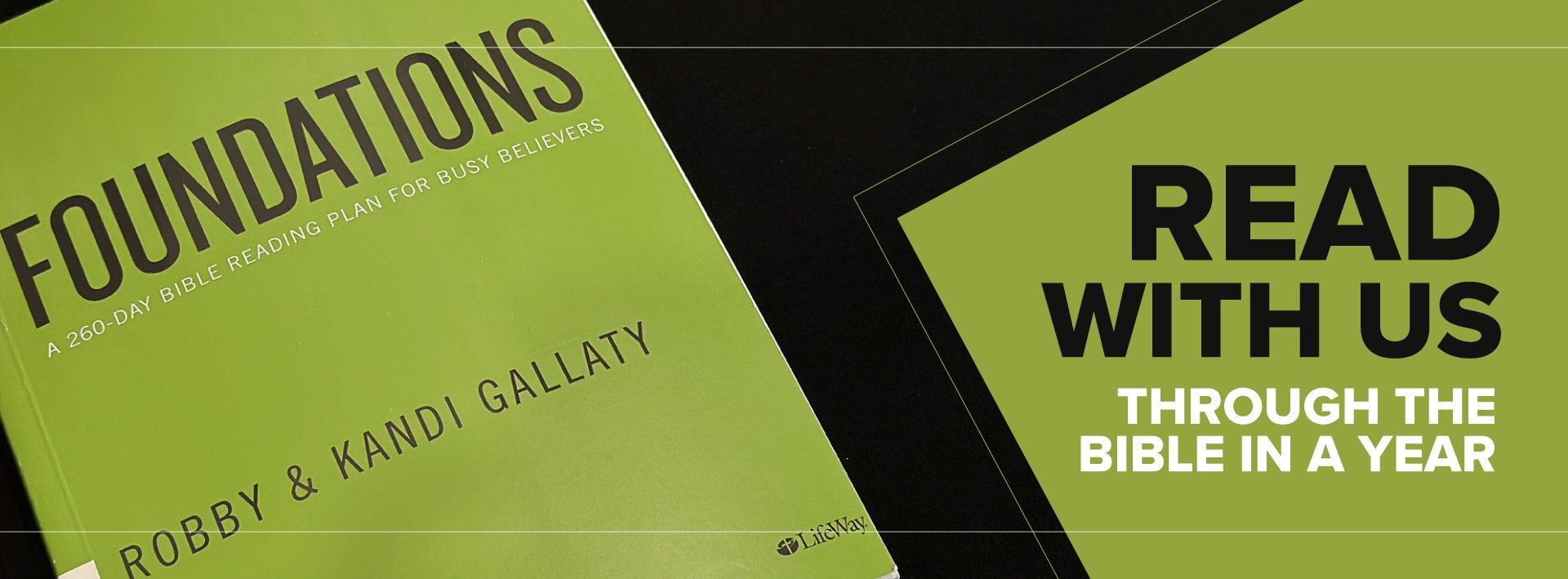Between Genesis 50 and Exodus 1, approximately 430 years have elapsed and a few things have changed. The Israelites are slaves in Egypt, but Exodus 1:7 tells us that the Israelites “were fruitful and increased greatly; they multiplied and grew exceedingly strong so that the land was filled with them.” Remember the covenant promises: a nation, a land, and a blessing to the nations. Abraham’s family has grown into a nation--the promises are going forward! But we are not in the land. In fact, the nation of Israel is enslaved. But here is what we know: God will keep His promises. In Exodus 1-7, we will see God’s people cry out to Him for deliverance and experience redemption.
Key Themes
- Exodus provides the model of redemption that we will see in the Old and New Testaments and it is key to our understanding of the cross and salvation. This historical narrative will be referenced all throughout the Bible!
- Here is the central theme of Exodus: God is delivering/redeeming/rescuing Israel from slavery so that they can worship Him. Israel is saved from something and for something! Deliverance itself will figure big in this book, but it has an endgame and a cosmic purpose: the worship of God.
- This story of the Exodus is also our story if we have put our faith in Christ. As we prepare to read Exodus this month, consider this summary:
- “Think of what an Israelite would say on the way to Canaan after passing through the Red Sea. If you asked an Israelite, “Who are you?” he might reply, “I was in a foreign land under the sentence of death and in bondage, but I took shelter under the blood of the lamb. And our mediator led us out, and we crossed over. Now we’re on our way to the Promised Land, though we’re not there yet. But he has given us his law to make us a community, and he has given us a tabernacle because we must live by grace and forgiveness. And he is present in our midst, and he will stay with us until we arrive home.” - Alec Motyer
- How is that the story of every Christian? How is that your story?
- The need for redemption and a Redeemer.
- A quick dictionary search for the word “redeem” gives us a few definitions: to buy out, to gain or regain posession of something in exchange for payment, to free from captivity or slavery
- God rescues his people from Egypt, taking them out of slavery. God raises up a mediator, Moses, who intercedes for the people (more to come on this as we read through Exodus) in a way that prefigures Christ who is both our mediator and our Redeemer.
- “I AM WHO I AM.” This is the name that God uses to self-define when Moses asks.
- The name “Yahweh” is the personal name of God--you can find it in the text when the LORD (in all caps) is mentioned. It means
Resources
- Below are additional resources to help you engage with the narratives we are reading this week and have already covered.
Questions for Application
Write down some of the “big details” that stand out in your life. Consider key relationships, memorable events (good or bad), illness and injuries, times where you may have been harmed, notable sins and patterns of sin, dreams and aspirations. Are there any stories you’ve told to make sense of some of these events or of your whole life in general--that may need to be reconsidered in light of God’s story?
If you were in the Israelites’ situation, what do you think you would say? What would you ask of God? How would you be feeling as you cried out?
God’s people cry out to Him and He hears them. We also see them cry out to Pharoah as well as Moses and Aaron. What do your cries sound like and to whom do you cry out?


No Comments Yet
Let us know what you think